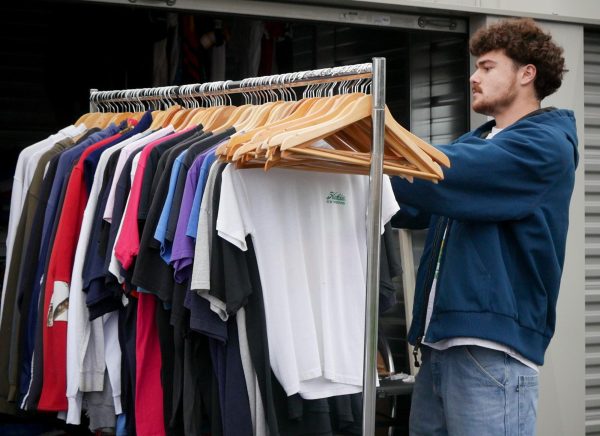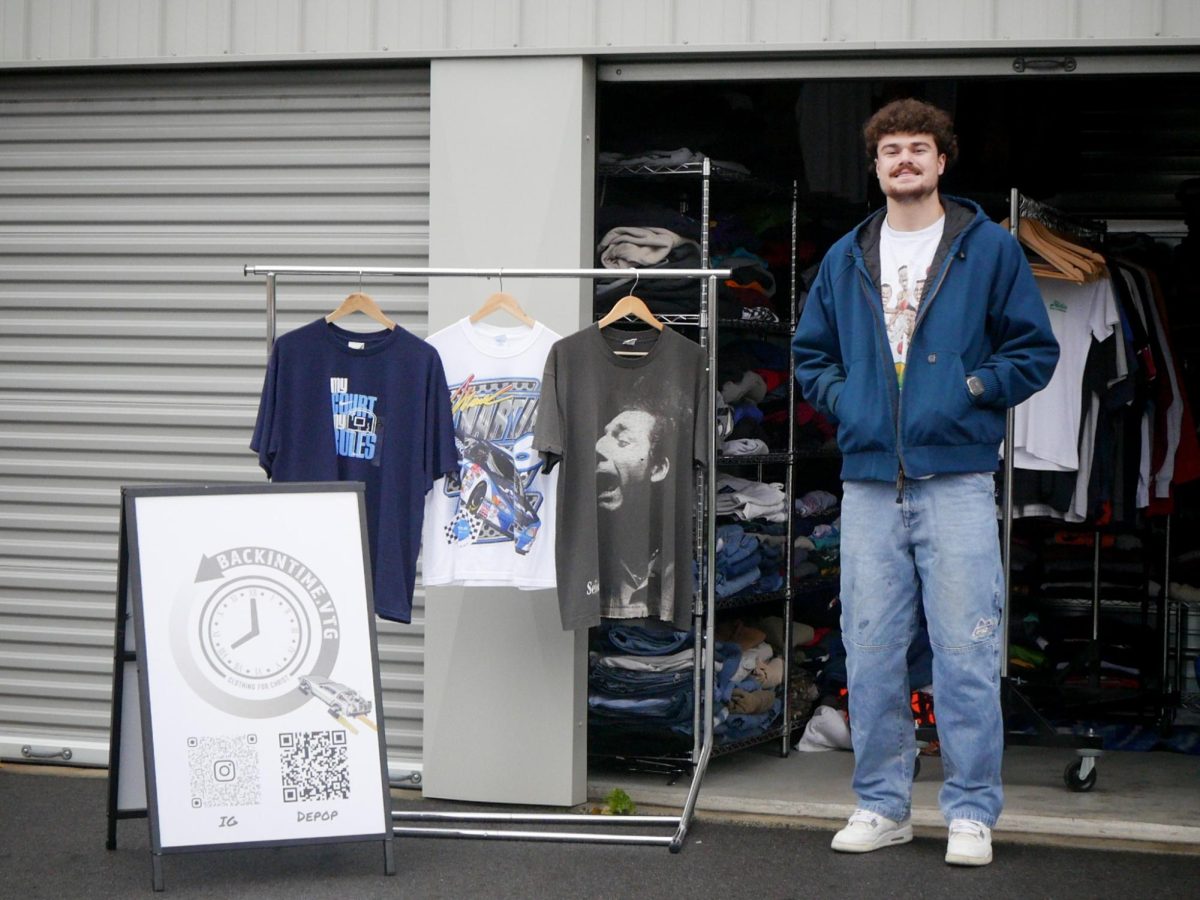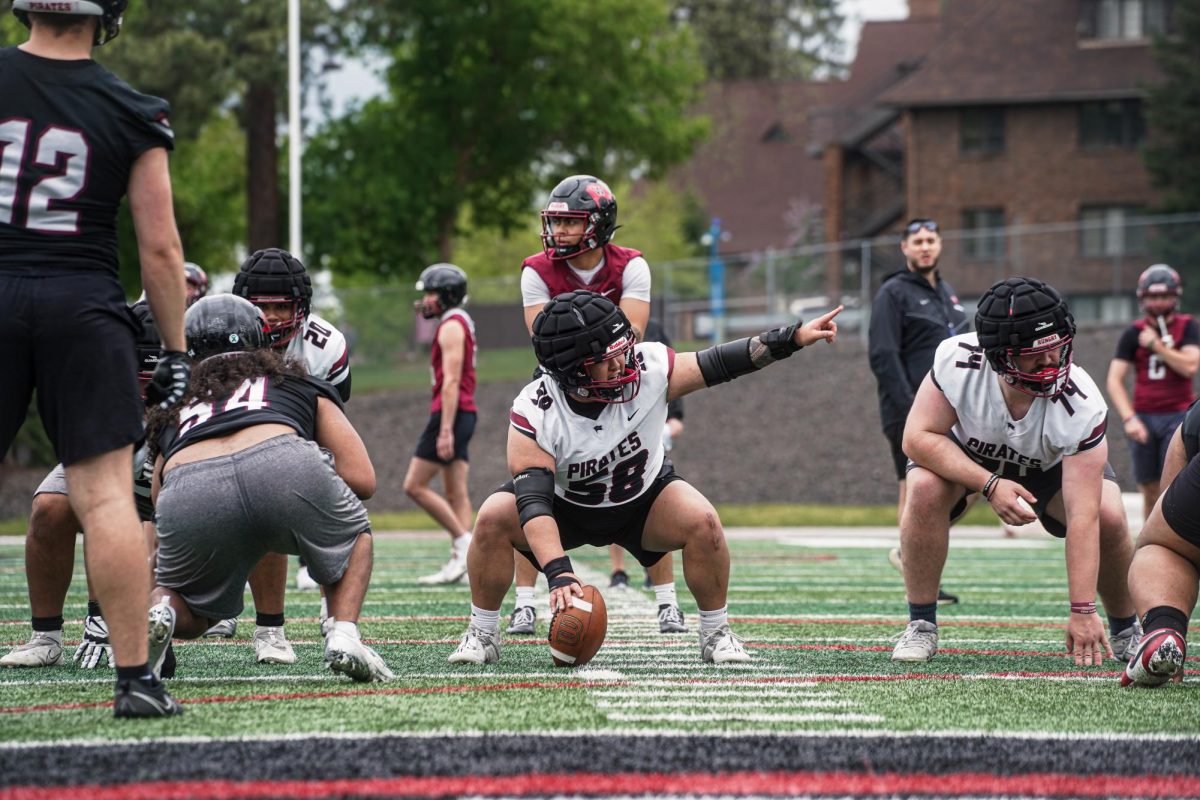Thrifting has had a surge in popularity in recent years and Whitworth’s students aren’t exempt from this trend. Thrifting offers affordable, sustainable and environmentally friendly options for clothing.
Two Whitworth seniors, Cooper Rolfs and Lance Dunn, have gone a step further and turned thrifting into a business.
Rolfs reflected that, at first, “I just got into [thrifting] with a buddy to upgrade our closets; it was just a fun thing, and we were finding cool clothes” before realizing that this outlet could be used to make money. Rolfs resells the clothing that he finds to make a profit, offering a curated selection of clothes for buyers who don’t have time to thrift on their own.
Dunn had a similar process. He initially thrifted because of quality, preferring vintage clothing, and affordability but now thrifts for profit. Dunn now often skips the step of going to thrift stores and buys clothing from wholesale where he can save the six hours he would have spent sorting through clothing himself.
There is a different approach to thrifting as a reseller rather than a consumer.
Rolf looks at clothing with the question of “what’s in trend right now” and specifically looks for clothing like Cargo jeans and vintage T-shirts, paying attention to the stitching and tags on clothing. He has found that knowing what to buy comes from practice and spends four to five hours at a time sorting through clothes to buy.

Dunn focuses specifically on vintage clothing looking mainly for 90s graphic tees, Carhart branded clothes and old sports graphics. He says his approach as a reseller is a shift from “what I think is the coolest to what the best profit margin is for business” passing over clothing that comes with a higher price tag.
Both Rolf and Dunn mentioned Salvation Army and the Goodwill bins in Airway Heights as their favorite places to go thrifting. The bins offer bulk clothing and sell clothes at $1.30 per pound, dropping to $0.90 per pound when you buy over 25 pounds of clothing. Dunn spoke on how Salvation Army, beyond being affordable, gives most of the money made from selling clothing back to the community.
Rolfs also shared how the thrifting culture grows on campus saying that, once people start wearing the clothes that come from thrifting, people get curious and start conversations on where to get clothing like it. He said that when everyone is wearing similar clothing people start asking the question of “why am I not?”
For those interested in the clothing that these resellers offer, Rolf can be found on Instagram and Depop at Backintimevintage and Dunn can be found at his website goodfriendvintage. Both Rolf and Dunn also participate in pop ups at Whitworth so keep an eye out for events coming up.











